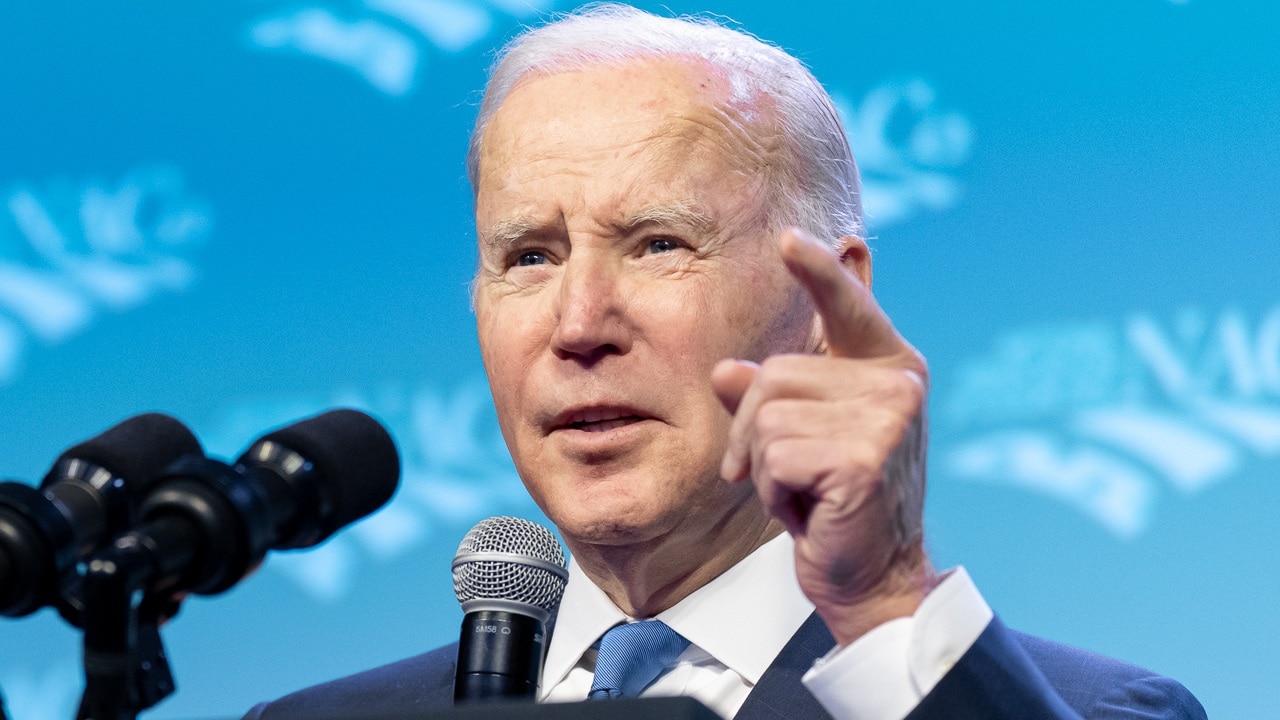On April 23, the United States evacuated its embassy in Khartoum.
This marks the fourth U.S. embassy evacuation since 2021.
With ceasefires ineffective, casualties climbing, and no immediate resolution to the conflict likely, the avenue for the American diplomatic presence to return to post is, at best, narrow.
Today’s crisis contrasts the genuine promise from just two years ago. Sudan, then working with the Trump administration, was making a serious reentry into the global marketplace after being delisted as a state sponsor of terrorism. After Sudanese leaders made significant concessions, the U.S. lifted trade sanctions were lifted. With the resumption of debt relief, Sudan was positioned for foreign investment.
The country was also moving toward democratic governance. A power sharing agreement led to the appointment of a transitional prime minister, and plans were underway for a civilian-led government.
This delicate transition was not without setbacks, but the distinction is this: at no point during the Trump administration did U.S. influence in Sudan wane to such an extent that its diplomatic powers were rendered null. In fact, despite obstacles, this nascent relationship carried enough strength for Sudan to sign onto the historic Abraham Accords in January 2021, joining Israel and several other Arab states.
Today, however, the intensifying intra-military conflict has erased hopes for democratic transition. An extended war looks inevitable as the Sudan National Army and the paramilitary group Rapid Support Forces (RSF) refuse to make concessions. Millions of Sudanese lack food, water, electricity, and access to hospitals. The progress that culminated with the groundbreaking Abraham Accords signing appears lost. The crisis in Sudan is reminiscent of Afghanistan and Ukraine, in which the speed of change appears to have caught White House officials off-guard.
Stability in Sudan matters. Civilian rule was expected to advance peace and transform a fragile state into a potential working partner. The country had proved responsive to U.S. diplomacy and provided an important example for conflict-ridden neighbors in Ethiopia, Libya, and Chad. It had restricted the ability of terrorist organizations to reestablish themselves and stood as a buffer to the expanding influence of China and Russia.
The dramatic shift forces questions about how the change in administration altered America’s working relationship with Sudan, but also points to how the U.S. can regain diplomatic influence there.
In 2021, the Biden administration made a curious change to its predecessor’s approach toward Sudan, exchanging an effective Special Envoy to Sudan for a broader “Horn of Africa” Special Envoy. In theory, this position would pursue a more regional strategic approach to engagement, with emphasis on both Sudan and war-torn Ethiopia. The decision, however, diluted the White House’s attention to Sudan. The Administration cycled through three Special Envoys within a year, including one with a tenure of only three months.
Critics of the regional approach argued that the Special Envoys spent more time in Abu Dhabi and Riyadh rather than in the Horn itself. A coup by the National Army in October 2021 came only hours after the visit of then-U.S. envoy Jeffrey Feltman. As the American presence diminished, the National Army and junta cohort deepened their relationships with others, chief among them Russia.
To end the violence, contain a humanitarian crisis and support the Sudanese people’s democratic ambitions, the United States must reassert its influence. A first step would examine the U.S. posture since January 2021. Returning to dedicated and consistent engagement through a refreshed Envoy to Sudan would reaffirm U.S. seriousness to ending the crisis and being a partner in the rebuilding process.
Second, setting the stage for the return of diplomats to the U.S. Embassy in Khartoum would provide a steady presence to link Khartoum to Washington like before, sending a clear political message of American commitment to lasting stability in the country.
Third, identifying clear benchmarks for the steps beyond a ceasefire would provide expectations to enable actionable next steps for the Sudan people as well as for the international community. Finally, increasing communication and coordination between Washington and the embassy is essential to effective U.S. diplomacy during this crisis.
Evacuating the embassy was the right call. But U.S. diplomats are not forced from post lightly, and the evacuation serves a disappointing endnote to what has been lost in just two years. Today, peace and the return to a pathway toward democracy look improbable without U.S. leadership.
Regaining that leadership, though, depends upon this White House not only understanding why its voice regressed so dramatically, but leveraging these lessons to restore the U.S. presence in Sudan.
Ned Rauch-Mannino is a Visiting Fellow at the Douglas and Sarah Allison Center for Foreign Policy Studies of The Heritage Foundation. He was the former Co-chair for the White House’s Prosper Africa Initiative.

